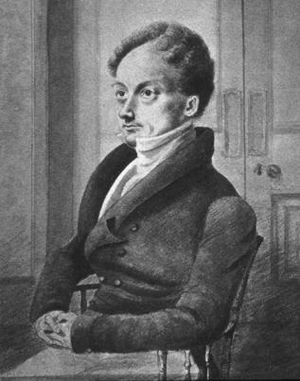
James Mill (1773-1836), the father of John Stuart, has not been served well by editors of his writings, so I made my own anthology of 28 essays and articles written in the 1820s and 1830s.1 They include a dozen articles he wrote for the 1824 edition of the Encyclopedia Britannica, most notably those of “caste,” “Government,”and “Liberty of the Press,” and 14 articles for the important “review” periodicals The Westminster Review and The London Review which were very important organs for the dissemination of liberal reform ideas.
Like most of the radicals and liberals of his day he had a theory of class to explain who exploited the hard working and industrious ordinary people of Britain. He and the other Benthamites talked about “the ruling few” who had their own “sinister interests” which they were pursuing, and “the subject many” who paid the taxes. Interestingly he also used a couple French terms to describe the relationship between these two groups (probably because the French classical liberals were more advanced than their English counterparts in their thinking about class), such as: “society is divided into two classes, Ceux qui pillent, et Ceux qui sont pillés (those who pillage and those who are pillaged). Ten years after this was written Frédéric Bastiat developed his own radical theory of “la spoliation” (plunder” where society was divided into two antagonistic classes “la classe spoliatrice” (the plundering class) and “les classes spoliées” (the plundered classes).
For a snippet of Jeremey Bentham’s and James Mill’s thinking about class see this short essay.2
- See this anthology of The Political Writings of James Mill: Essays and Reviews on Politics and Society, 1815-1836. [↩]
- A brief essay on Mill and Bentham on class – See this short essay. [↩]
